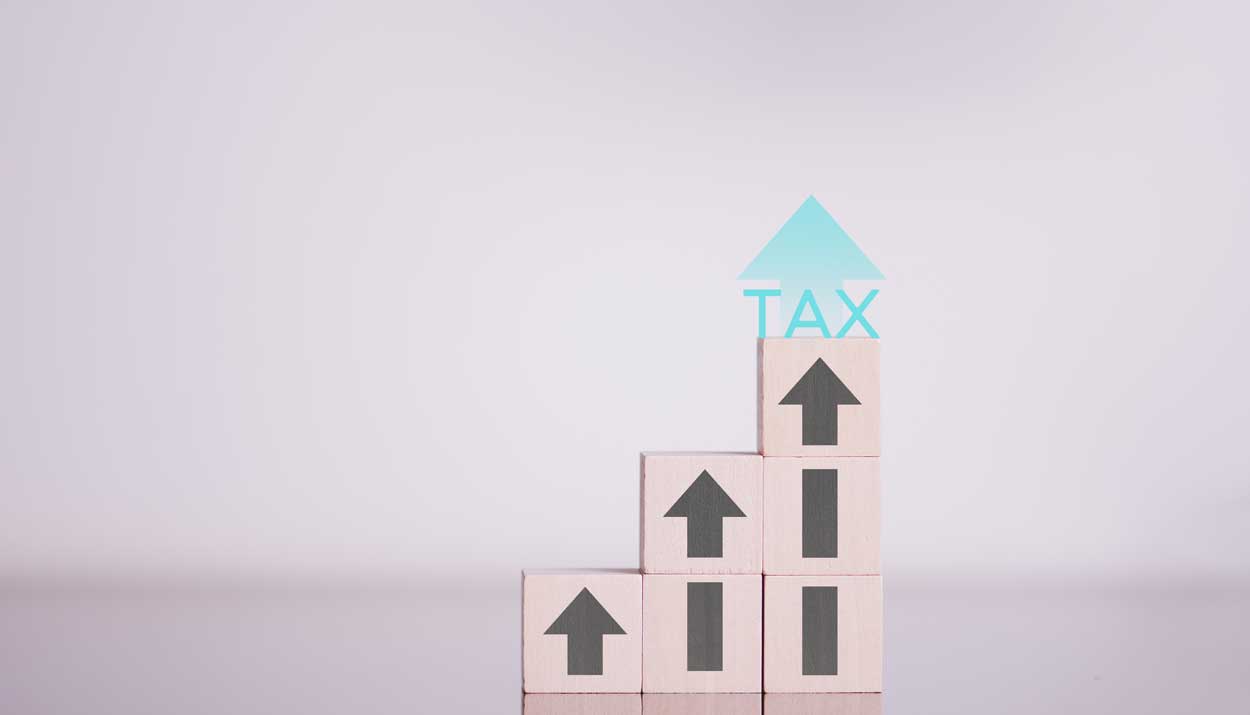Income Taxes
Mauritius has a well-structured tax system that seeks to strike a balance between economic expansion and income creation. It has been designed to help both individuals and businesses understand their responsibility towards tax.
Income Tax in Mauritius is governed by the Act of 1995 and the income tax regulation of 1996. Mauritian residents are required to pay taxes on any income they received from abroad. There are two types of income tax that are chargeable: we have individual taxation and corporate taxation.
Payroll Tax
In Mauritius, payroll taxes and mandatory contributions should be done by employers. In other words, employers should deduct a sum of money from their employees salaries. This money will go in the government fund to finance programmes such as social security, or in The contribution Sociale Généralisée (CSG).
The GSG ensures that people who have been retired benefit from pensions, and it also supports public health services.
Self-employment Tax
A self-employed individual does not work for a company, that person works for himself where he will gain income by having his own business or through property rentals.
Self-employed people should pay their taxes like any other individuals, rather than having someone deducting the money, a self-employed person will have to do it himself on a quarterly basis.
By doing that they are contributing to the government fund, and it ensures fairness in the society revenue and social welfare.
Estate and Inheritance Tax
In Mauritius, there is inheritance or estate tax, which implies that these types of taxes do not apply to individuals’ estate or the distribution of their assets to their heirs.
Property Taxes
The government charges tax on property that individuals own, this includes both building and land. There are local assessors who will estimate the value of the property and based on that determines the amount of property tax due. This tax is often paid on a yearly basis.
The home ownership scheme which offers a 5% refund on property that cost up to a maximum of Rs 500,000 has been extended until 30 June 2024. With this scheme, refunds on property which has been purchased through the “vente en l’état futur d’achèvement’ (VEFA)” will be provided by the buyer under the VEFA agreement until 30 June 2025.
Additionally, individuals taking out a secured housing loan to construct their house under the home loan payment plan will be reimbursed 5% of the loan amount up to a maximum of Rs 500,000 under this arrangement, loan amounts disbursed up until June 30, 2025, are eligible.
Real Estate Tax
There is a strong demand for housing in Mauritius, since the tourism sector has stimulated the creation of a luxury rental Market. It is a flourishing Industry.
The Real estate scheme, this scheme has been designed to give smaller landowners a chance to participate in real estate development, with this plan investors will benefit from greater affordability.
Wealth Tax
In Mauritius, there is no Wealth Tax which is a huge advantage for the island since international investors and expatriates are drawn to the island. The Tax system in Mauritius consists of income tax, value added tax and so on.
Taxes on Goods and Services
Another method of gaining revenue is by adding tax on goods and services that you buy. This tax system has been designed to promote economic growth and stability thus, ensuring public health and addressing environmental concerns.
Value Added Tax (VAT)
A consumption tax called VAT is applied to the price of goods and services. It is charged on all taxable supplies that a VAT registered individual makes in Mauritius while conducting business, and the VAT rate is 15%.
For example, let’s say you are running a business in Mauritius and sell a product at RS 1000 a VAT of 15% will have to be added. Which means you will charge the customer RS 1150. This Rs 150 will go to the Mauritius Revenue Authority (MRA).
Excise Duty
This tax is applied to products considered to have been luxurious or dangerous. These include alcohol, cigarettes, petroleum products and cars.
Sugar Tax
The purpose of this tax is to discourage people from consuming too much sweetened foods or beverages, thus, ensuring that individuals have good health.





